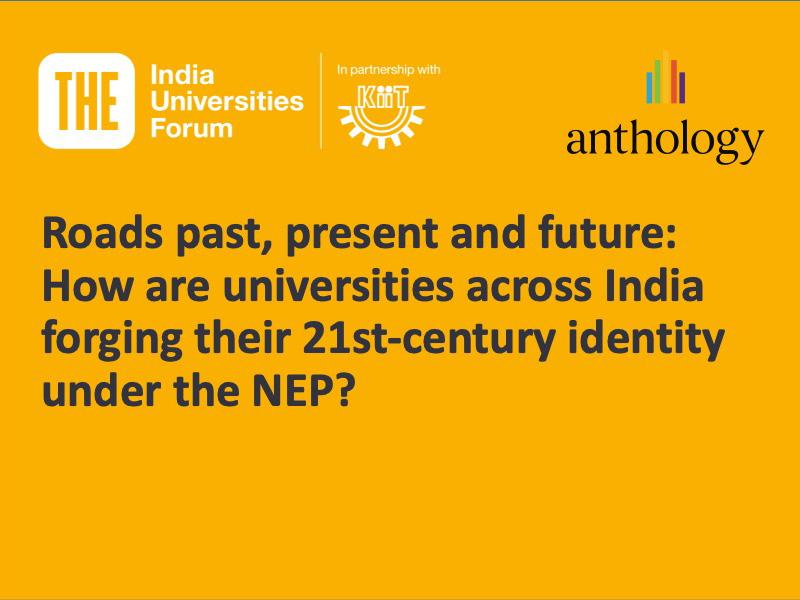
Quality frameworks will support microcredential buy-in in Asia
A global quality framework for upskilling and reskilling opportunities will maximise the potential of microcredential offerings

Ahead of the 2023 THE Asia Universities Summit in Hong Kong, Caroline Steel, principal strategic consultant at Anthology, discusses the landscape of microcredentials in Asia and the frameworks needed to support lifelong learning, including upskilling, reskilling, widening access and global portability.
Steel, who will attend the panel for Anthology’s round table discussion, titled “Realising the potential of microcredentials in Asian universities”, says university-industry collaboration on microcredentials often focuses on employability skills for upskilling, reskilling or strengthening career resilience.
To facilitate the co-design process, Steel engages with key industry players and professionals to develop microcredential offerings that serve their workforce and recruitment strategy. These conversations are combined with desk research and information from multiple modern sources, such as blogs, podcasts and web analysis.
Buy-in from employers is important, but Steel says that a wider quality framework is key to microcredentials thriving in Asia. “Think about microcredentials as being able to realise their best potential if they are integrated, from a regulatory and quality perspective, into the educational ecosystem at three levels: the institutional level, the national level and the regional and international levels.” This will have a critical impact on the international portability of microcredentials, with recognition across borders. Microcredentials also widen access to education and employment opportunities and enable regional and international workforce mobility.
Hong Kong, the Philippines and Japan offer examples of microcredentials at the institutional level, Steel says. As a national example, Steel highlights the microcredentials component of Singapore’s SkillsFuture, which provides all Singaporeans with opportunities to upskill or retrain. “This national lifelong learning movement has been immensely successful with involvement from industry and across tertiary education sectors,” Steel says.
Internationally, Unesco is working towards a global definition and international framework for microcredentials, Steel says. “Unesco is developing global standards for quality assurance principles about how microcredentials stack and how they can be interoperable so that they’re accessible in lots of different countries across the world.” This could be valuable for all countries. “An international quality framework will be something that can be adapted and interpreted for different regional contexts, whilst also thinking about international portability, which I think is just critical to make the best out of microcredentials,” Steel says.
During the pandemic, many populations lost out on time in education. Microcredentials can act as an effective bridge for these groups. “They have the possibility to break down the traditional barriers to education and make it more flexible for people who may already be working two or three jobs that just need to improve their circumstances,” Steel says.
By speaking with the panel at this year’s Asia Universities Summit, Steel hopes to share the potentials and challenges of microcredential implementation, and to gain first-hand insights for Anthology. “We’re very invested in the edtech space, so it’s really important for us to hear from clients as to what their needs are and what they’re planning going forward so we can partner with them in trying to meet those needs from various perspectives.”
